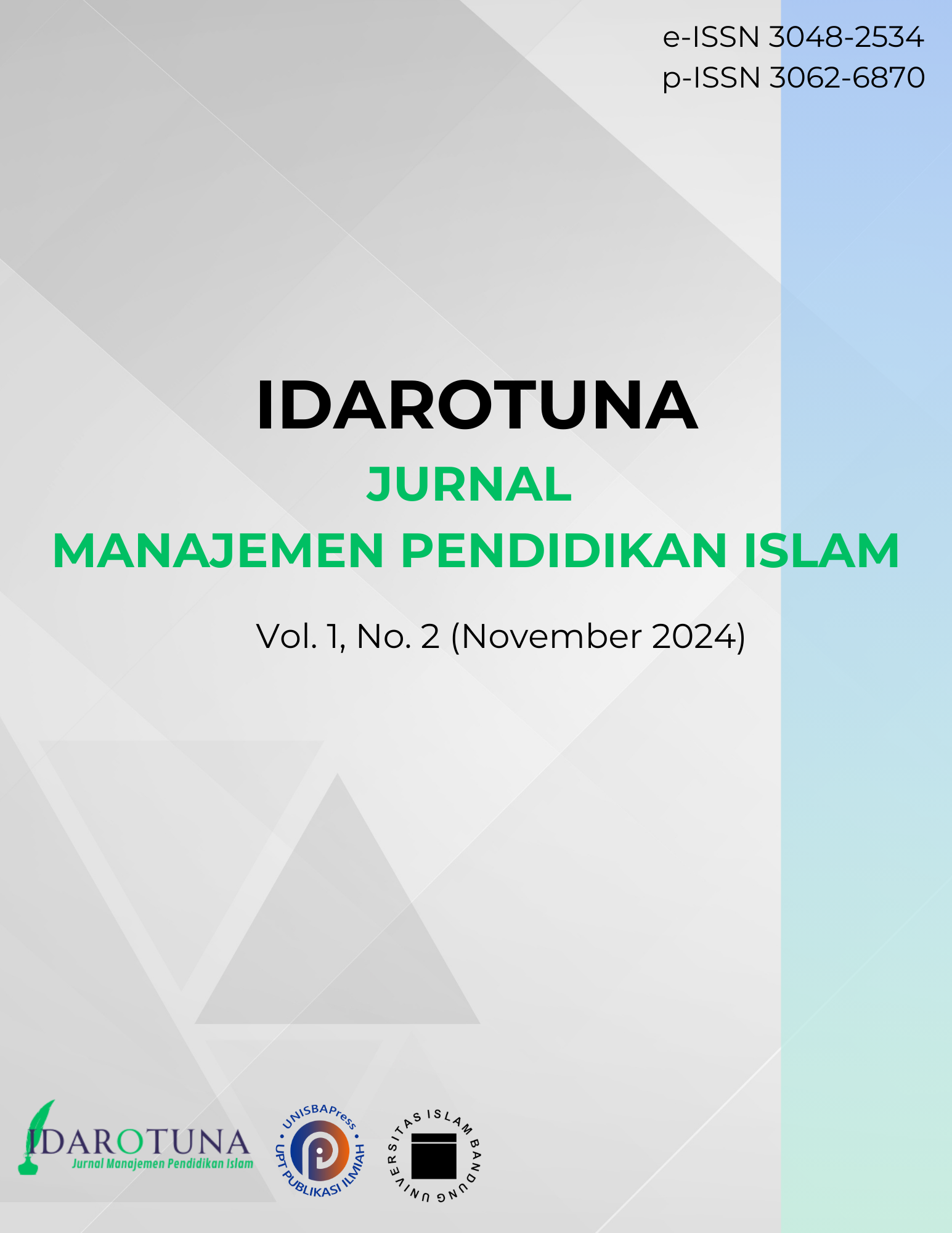The Nature of Knowledge in the Perspective of the Philosophy of Science
DOI:
https://doi.org/10.29313/idarotuna.v1i2.5705Keywords:
The Nature of Knowledge, Trust, SenseAbstract
The nature of knowledge is one of the central themes in philosophy, which discusses the origins, structure and validity of human knowledge. This study outlines the concept of knowledge as justified true belief and explores challenges to this definition, including skepticism, relativism, and the Gettier problem. Classical epistemological approaches, such as rationalism and empiricism, are discussed in relation to how humans acquire knowledge, while constructivism and phenomenological perspectives add a contemporary dimension to this debate. Figures such as Plato, Aristotle, Descartes, Kant, and Quine provide an important philosophical basis for understanding knowledge in various contexts, including the role of reason, sensory experience, and social construction. This article also highlights how the development of modern science changes the way we view knowledge, especially in terms of scientific methods, intersubjective truth, and empirical validation. By reviewing the interaction between traditional theories and modern challenges, this article aims to provide comprehensive insight into the complex nature of knowledge. This understanding is relevant not only for philosophical studies, but also for answering fundamental questions in human life, ethics, and scientific progress in the era of globalization.
Downloads
Published
How to Cite
Issue
Section
License
Copyright (c) 2024 Haditsa Qur'ani Nurhakim, Adang Hambali

This work is licensed under a Creative Commons Attribution-NonCommercial-ShareAlike 4.0 International License.









